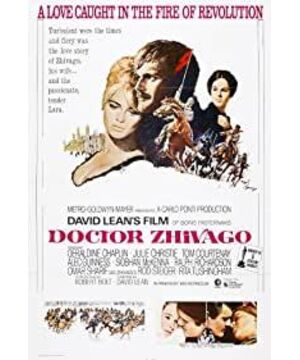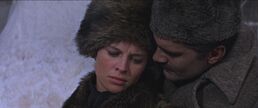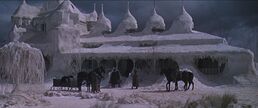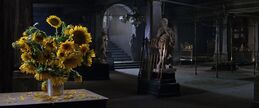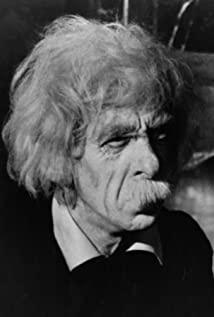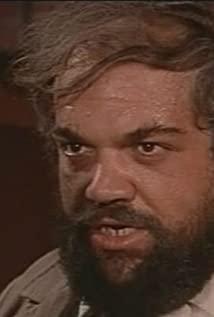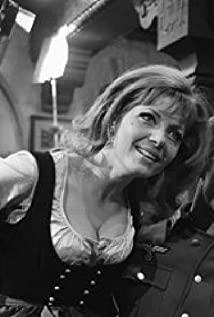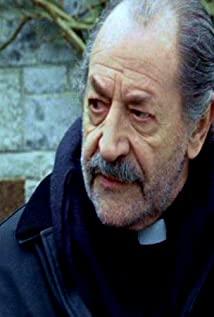After watching this masterpiece for 3 hours and 20 minutes on the high-speed rail, its strong epic sense and the turbulence of personal fate remind people of "The Last Emperor". Although it was shot by an American, the whole process is in English, but it is full of Russian flavor. I haven't read the original book, but I don't think it will deviate too much from the original book.
Beginning with the nobility and revolutionaries before the October Revolution and ending after the founding of the Soviet Union, the fate and choice of individuals, the goodwill and meaning of life of human nature are interwoven and integrated with the historical turning points of the country. In addition to this "epic feeling", the film also seems to ask the audience these questions: what is the relationship between individual happiness and freedom and the cause of collectivism? What is the point of collective enterprise if individual happiness is not protected?
Love, family affection, and friendship have been chosen by characters under different circumstances of the big era, and have undergone changes; under the cruel politics and war, should literature be able to express its heart freely? In the era of peace and prosperity, how far is the cruel politics and war from us?
As a music fan, I have to say that the balalaika throughout the film is really nice. Also, the Rachmaninoff Prelude in G minor that appeared in the front of the film is very surprising, but this seems to be the director's intentional choice, because Rach himself is the same group of classical Russia that declined with the Soviet revolution. One of the people who "defected" Russia because of the October Revolution.
View more about Doctor Zhivago reviews


